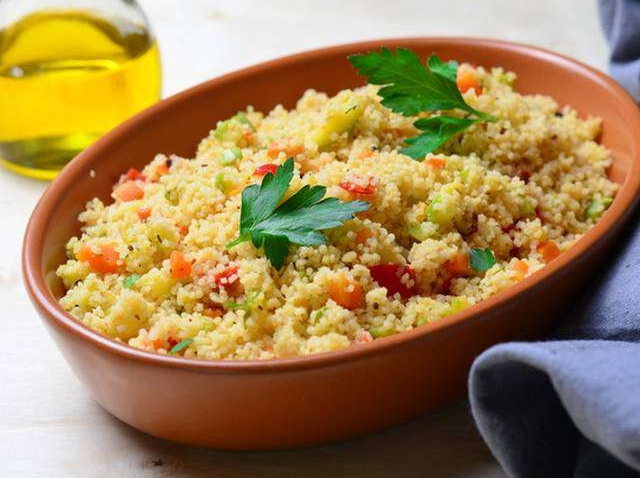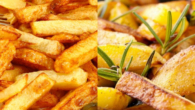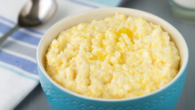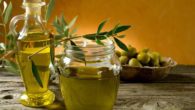
5 facts: what are the benefits of couscous
0
Couscous can be not only a culinary alternative to familiar products, but also a source of vitamins and minerals important for the body's functioning. It gives energy, improves bowel function and helps prevent cardiovascular diseases. Here are five main nutrients in couscous:
1. Contains a lot of selenium
A 100-gram serving of couscous can contain up to 27.5 mcg of selenium, or almost half of the daily requirement of the body. However, its concentration in the original product, wheat, can vary depending on the type of soil and the region of germination. In the human body, selenium plays a crucial role in reproduction, hormone metabolism, DNA synthesis, and protection against oxidative damage and infections. Selenium is useful in the prevention of many diseases, including oncology and cardiovascular diseases, and it also improves cognitive function and thyroid function.
2. Serves as a source of protein
Couscous is a source of lean plant protein. In the human body, it promotes the health of the skin, organs, muscles and other tissues. Protein is also an integral part of the wound healing process, it helps produce antibodies that fight infections and diseases.
3. Helps you feel full
Couscous, especially whole grain couscous, is a good source of fiber. A 100-gram serving contains up to 5 grams of dietary fiber [7]. Fiber helps you feel full and prevents hunger pangs by influencing the secretion of the hormone ghrelin [8]. It also improves bowel movements, lowers cholesterol levels, and helps eliminate toxins.
4. Nourishes the body with vitamins
Like any whole grain, couscous is rich in minerals and vitamins. It contains niacin, thiamine, vitamin B6, riboflavin, and pantothenic acid. These nutrients help maintain healthy red blood cells and metabolize energy. They affect the health of the skin, brain, heart, nervous, and immune systems.
5. Rich in potassium to prevent heart disease
100 g of couscous contains up to 166 mg of potassium. For humans, it is useful for its vasodilating effect and improving blood circulation in general. As a result, this element is useful for reducing the risk of various cardiovascular diseases, regulating blood pressure and other cardiac cycle disorders.
A 100-gram serving of couscous contains:
- 376 kcal;
- 12.8 g of protein;
- 77.4 g of carbohydrates;
- 0.64 g of fat.
What else is important to know about couscous
- Couscous does not require cooking: it is enough to pour hot water over the groats, cover and leave for a few minutes.
- People who are losing weight should limit their consumption of couscous to three times a week and preferably in the morning.
- Couscous should be included with caution in the diet of people with diabetes, since the glycemic index of this product is quite high.









Leave a Reply